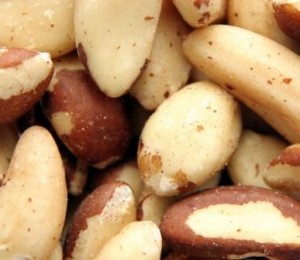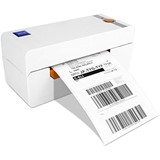The trial, which is being undertaken by researchers in the Department of Gastroenterology, will investigate if a combination of Brazil nuts and green tea provides greater health benefits for the bowel than either on their own.
Study Coordinator Jane Upton said the team hoped to recruit up to 30 participants for the study, who would be required to incorporate Brazil nuts and/or green tea capsules into their diet for six weeks.
"This study is an extension on previous studies we’ve done," Ms Upton, based in the Flinders Centre for Innovation in Cancer, said.
"We’ll be investigating the idea that selenium (in the form of Brazil nuts) enhances natural cellular defence within the bowel wall; green-tea regulates the repair of DNA; and a combination of both is more effective in suppressing the development of colorectal cancer than selenium or green tea alone."
Selenium is a micronutrient which is transferred to the human body from the soil via plants. It’s thought to be important for liver, thyroid, heart and immune function and there is some evidence that selenium supplementation reduces the risk of colon, lung and prostate cancers.
Green tea has long been considered to possess health benefits, particularly in relation to cancer prevention and is available in numerous forms including dried leaves, a powder extract and capsules.
As part of this trial, participants will first undergo a blood test to ascertain their baseline selenium levels, before continuing on a normal diet for four weeks. After this four-week period, participants will be randomly chosen to take a particular dietary supplement for six weeks:
1. six Brazil nuts each day
2. four green tea capsules each day
3. both Brazil nuts and green tea
Blood samples and an internal bowel examination will be undertaken at the start and end of the six week period to determine selenium levels in the blood and colon.
Gastroenterology researcher Dr Ying Hu said the recommended daily selenium intake for Australian adults was 50-75 micro grams per day.
"These intakes are not achieved for a significant proportion of the population," Dr Hu said.
"People, who are deemed vulnerable, such as the elderly and smokers, may be at increased risk for certain chronic diseases including cancers.
"Increased selenium intake through diet is strategically important as selenium concentration in many Australian soils and foods is often quite low.
"Recent evidence has shown that an anti-cancer benefit was achievable from levels of selenium supplementation above what is currently recommended."















-160x160-state_article-rel-cat.png)






